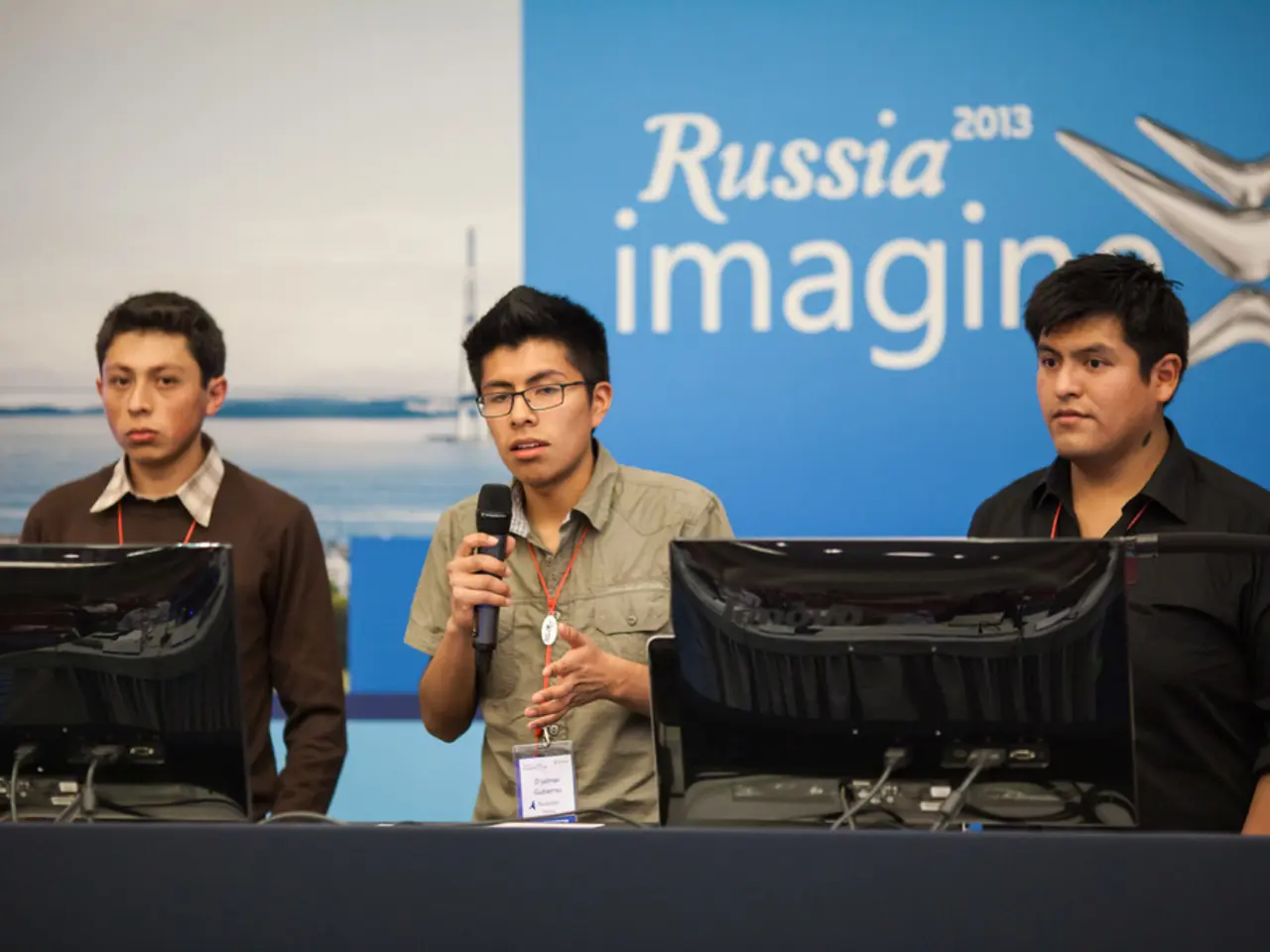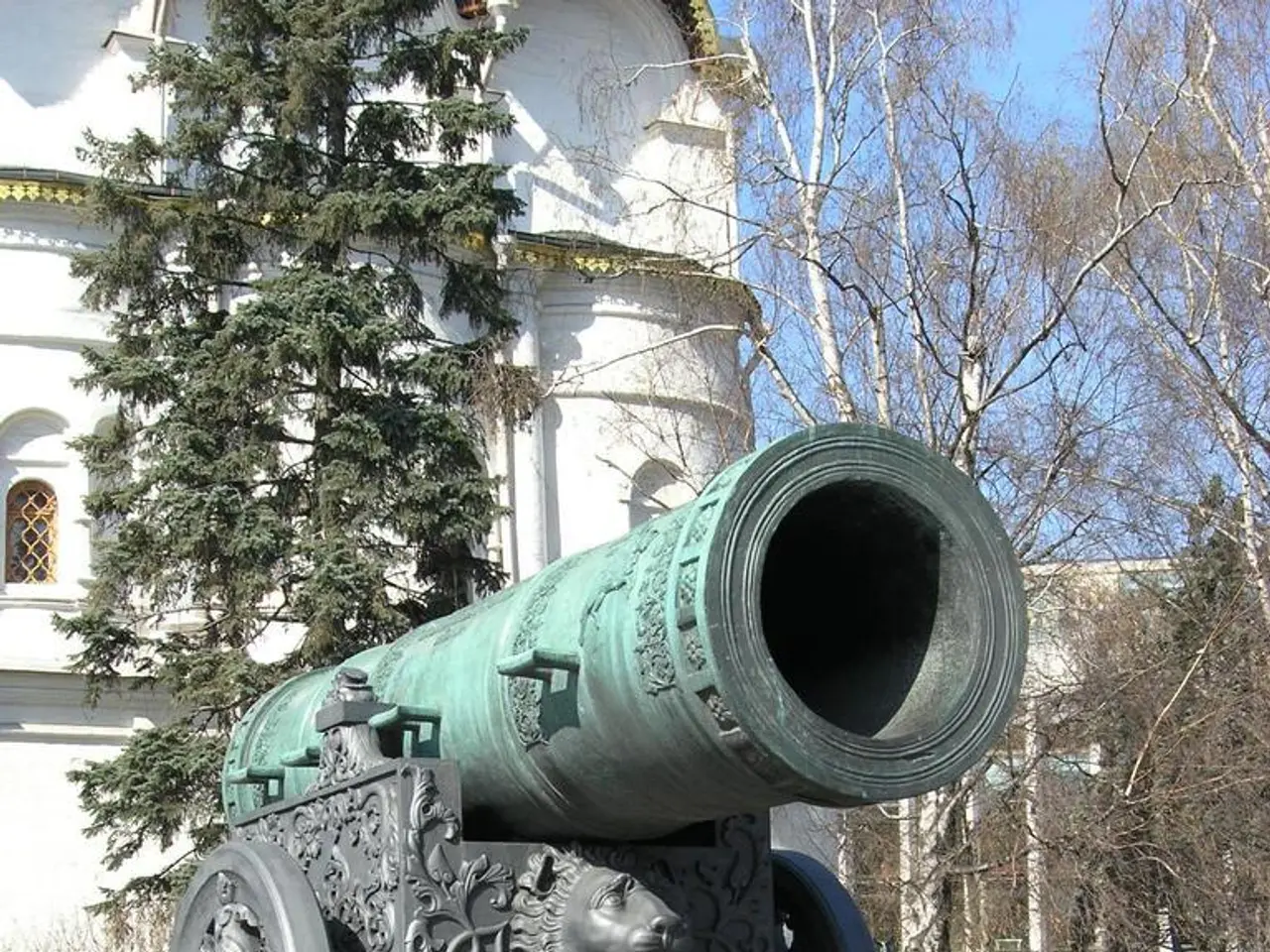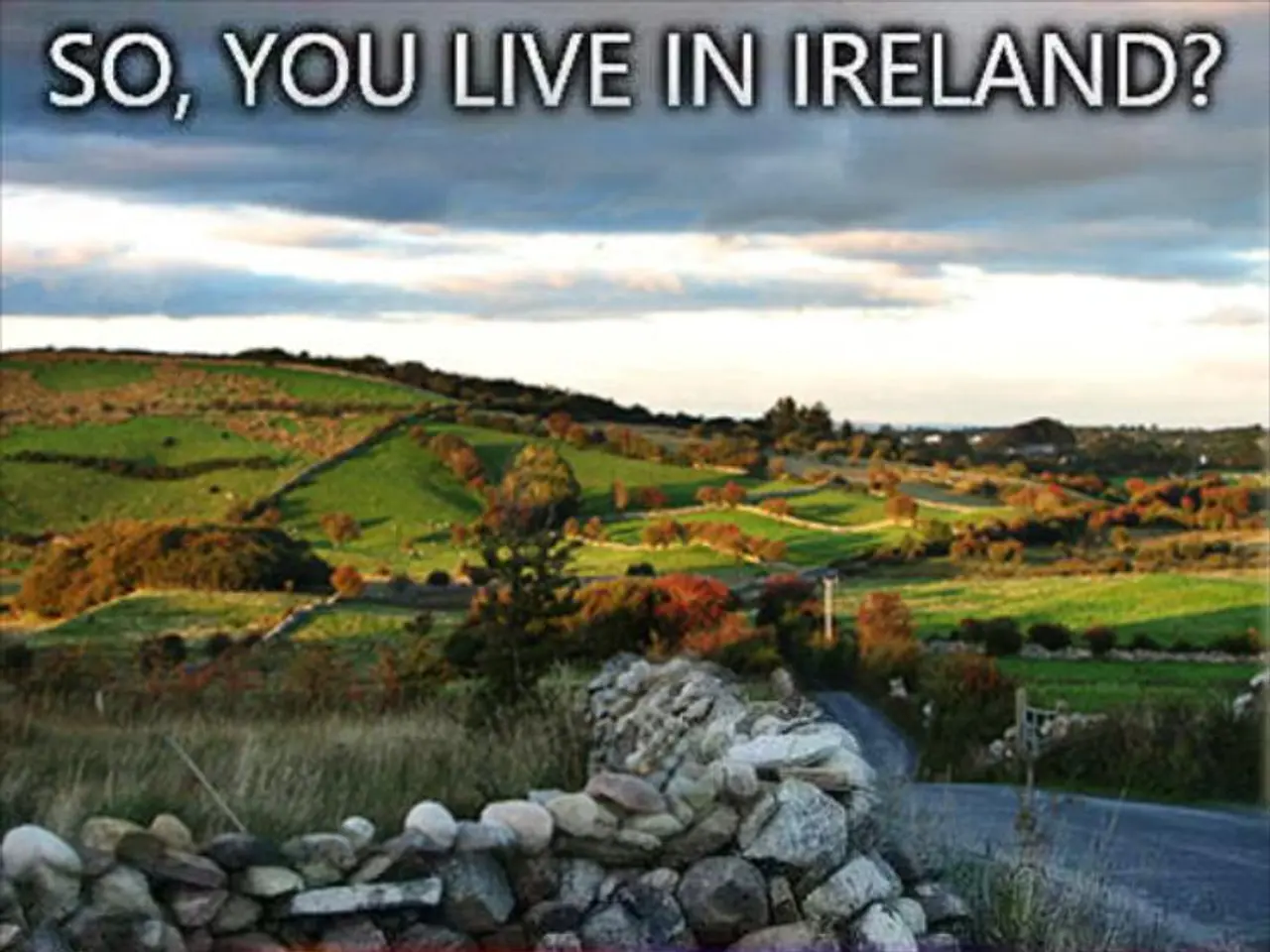Emerging Elites Ascend in Moscow Hailing from Russia's Regions Reach the Summit
In the heart of Russia's political landscape, a new generation of regional politicians, known as the "Young Wolves," are making their mark during the ongoing war. Unlike President Vladimir Putin's established "Old Guard," these Young Wolves are seen as more flexible and creative actors within the Russian political system [1].
Originated from Russia's regions rather than Moscow's traditional elite circles, the Young Wolves have risen to prominence partly due to opportunities created by the war, which has altered federal-regional power dynamics. They aim to maximize their career prospects by coordinating horizontally with other emerging elites and vertically with their successors as regional governors [1].
These politically ambitious yet not reformist figures strongly favor maintaining the authoritarian status quo but want to redistribute political power in their favour [1]. Putin has relied on their absolute loyalty, seeing minimal risk in empowering this group for consolidating control. They are viewed as having the potential to rejuvenate the Putin political system after Putin's tenure ends, implying they could be the next generation of leaders maintaining the current power structure [1].
Recent personnel changes in the Russian government following the 2024 presidential elections have seen five regional governors appointed to federal positions, four as ministers. Alexei Dyumin, governor of the Tula region, was appointed as Putin's advisor and secretary of the Security Council [2]. One of his main tasks is to support the federal government and the state company Rostec in maintaining the uninterrupted supply of weapons to Russian troops in Ukraine.
A new network connects Dyumin in Moscow, his successor in Tula, and his protégé in the Samara region, reflecting the patronal networks that determine power distribution in Russia [3]. These networks have been restructured, with former governors who have risen to federal positions maintaining close ties with their successors in the regions.
In summary, the Young Wolves are emerging conservative political figures from the regions with growing influence and ambitions within the federal executive. They play a crucial role as a generational shift within Russia's elite, balancing between continuity of authoritarian rule and internal power redistribution [1].
[1] - Based on research by Irina Busygina, a political scientist and research fellow at ZOiS, a Fellow at the Davis Center for Russian and Eurasian Studies at Harvard University, and a Senior Fellow at the Center for European Policy Analysis in Washington, D.C.
[2] - Information sourced from various media reports.
[3] - Based on academic research and media analysis.
- The Young Wolves, an emerging conservative political group from Russia's regions, are increasingly influencing education policies and legislation, aiming to perpetuate the authoritarian status quo while securing their own power within the federal executive.
- In the context of politics and general news, the recent personnel changes in the Russian government have seen former regional governors, now in federal positions, maintaining close ties with their successors, reinforcing the importance of policy-and-legislation in determining the future of Russia's political landscape.








